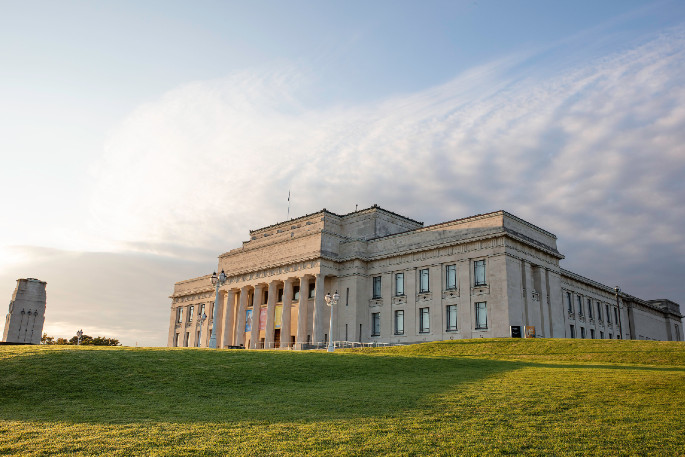Reconnecting Northland has won the Regenerating Nature category at the 2023 SBN Sustainability Awards during a glittering awards night at the Auckland Museum.
Reconnecting Northland edged out a strong set of finalists, including Banks Peninsula Conservation Trust, DoC, Te Whangai Trust and Forever Forests, which won a Commendation.
Judges praised Reconnecting Northland highly.
“This is a highly innovative organisation that is focussed on connectivity conservation in Northland.
“Connectivity here is both geographically-based but also amongst organisations and stakeholders. As well as empowering communities on the ground, the organisation recognises the need to move to a more sustainable financial model for biodiversity and is making gains in this area.
“The judges strongly support the focus on developing sustainable nature-based enterprises around restoration activity. Reconnecting Northland has developed multiple revenue streams to support its initiatives and has just released Te Kete Hononga, a ‘tool-box’ for community management of restoration activities.”
Pou Manatū (general manager) of Reconnecting Northland Eamon Nathan says the award is an endorsement of the work that quietly happens on the ground across Northland.
“We’re proud to receive this award on behalf of the communities we work for. As a ‘connectivity catalyst’ it’s our role to support communities at the forefront of regeneration,” says Nathan.
“This award really is their award and we’re humbled to have earned their trust to represent them on the stage. It’s the passion and commitment of our local community projects that is being recognised.”
Reconnecting Northland’s vision is to see a flourishing tapestry of abundant and resilient ecosystems in three generations.
Reconnecting Northland exists to create the right conditions for nature and people of Te Taitokerau to thrive. We assert that nature and people are one and the same as in the term tangata whenua, human earth – when the rivers and the land are well, so are the people.
Reconnecting Northland chair Liz Oliver says it’s pleasing to see the judges recognise the role of connectivity in Reconnecting Northland’s mission.
“The innovation that the judges highlighted is the paradigm shift from ‘top-down’ conservation towards a much more community-led approach. The people who live in these remote areas are the best to lead regeneration efforts. Many are mana whenua, whose whānau have lived there for centuries. They have ancestral knowledge about the health, and unhealth, of their land and waterways. They know what is needed to regenerate their land.
“Their challenge is that they simply don’t have the resources to act. So our job is to listen and connect them to expertise and funding.
“We think it’s especially powerful because we’re invited in. We help fund a local person to act as kairaranga, a weaver, to help weave all the threads for their local area. Whatever happens next it remains their plan, not ours.”
Another innovation is that Reconnecting Northland has codified that experience into a learning system called Te Kete Hononga. Together with the Ministry for the Environment, Reconnecting Northland is currently completing a one-year trial for Te Kete Hononga to fine-tune the services in supporting on-the-ground restoration efforts.
Judges also recognised Reconnecting Northalnd’s diverse streams of revenue, from individual donors, central and local government and a broad range of New Zealand and international philanthropists. Reconnecting Northland is in the early stages of creating an Enterprise Division to commercialise bio-economy opportunities.



